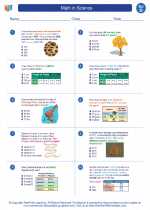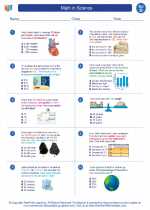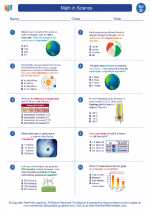Carbohydrates
Carbohydrates are one of the three macronutrients, along with proteins and fats, that provide energy and structure to the body. They are organic compounds made up of carbon, hydrogen, and oxygen atoms, usually in the ratio of 1:2:1.
Types of Carbohydrates
Carbohydrates are broadly classified into three types:
- Monosaccharides: These are the simplest form of carbohydrates and include glucose, fructose, and galactose.
- Disaccharides: Formed by the combination of two monosaccharide units, examples include sucrose (glucose + fructose), lactose (glucose + galactose), and maltose (glucose + glucose).
- Polysaccharides: These are complex carbohydrates made up of long chains of monosaccharide units. Examples include starch, glycogen, and cellulose.
Functions of Carbohydrates
Carbohydrates serve several important functions in the body:
- Energy Source: Carbohydrates are the primary source of energy for the body. Glucose, derived from carbohydrates, is the preferred fuel for the brain and muscles.
- Structural Role: Certain carbohydrates, such as cellulose, act as structural components in plant cell walls and provide fiber for human digestion.
- Storage: Excess glucose is stored in the form of glycogen in the liver and muscles for later use when energy demands are high.
Importance of Carbohydrates
Understanding the role of carbohydrates is crucial for maintaining a healthy diet and lifestyle. Carbohydrates provide the necessary energy to fuel various bodily functions, and a balanced intake of carbohydrates is essential for overall health and well-being.
Study Guide
Here are some key points to remember when studying carbohydrates:
- Identify the different types of carbohydrates and their respective structures.
- Understand the functions of carbohydrates in the body, including their role as an energy source and structural component.
- Learn about the importance of carbohydrates in maintaining overall health and well-being.
- Explore the sources of carbohydrates in the diet and their impact on the body.
- Consider the role of carbohydrates in exercise and physical performance.
Remember to review the various types of carbohydrates, their functions, and their importance in the context of a balanced diet and healthy lifestyle.
.◂Science Worksheets and Study Guides Fourth Grade. Math in Science

 Worksheet/Answer key
Worksheet/Answer key
 Worksheet/Answer key
Worksheet/Answer key
 Worksheet/Answer key
Worksheet/Answer key
